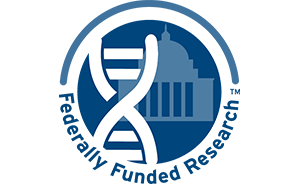Liver Cancer
The major causes of liver cancer are well understood and preventable, as many cases are caused by hepatitis B or hepatitis C infection or excessive alcohol intake. Thousands of new cases have been prevented in the United States over the last two decades due to widespread hepatitis B vaccination and advances in screening and treatment for hepatitis B and C.
Despite this progress, liver cancer remains especially difficult to treat. However, the introduction of the first molecularly targeted drug for liver cancer in 2008 marked an important first chapter in what is expected to be a new era of liver cancer research and treatment. Researchers are hopeful that growing understanding of how liver cancer develops and grows will drive development of more targeted drugs that capitalize on the molecular vulnerabilities of liver cancer cells.











